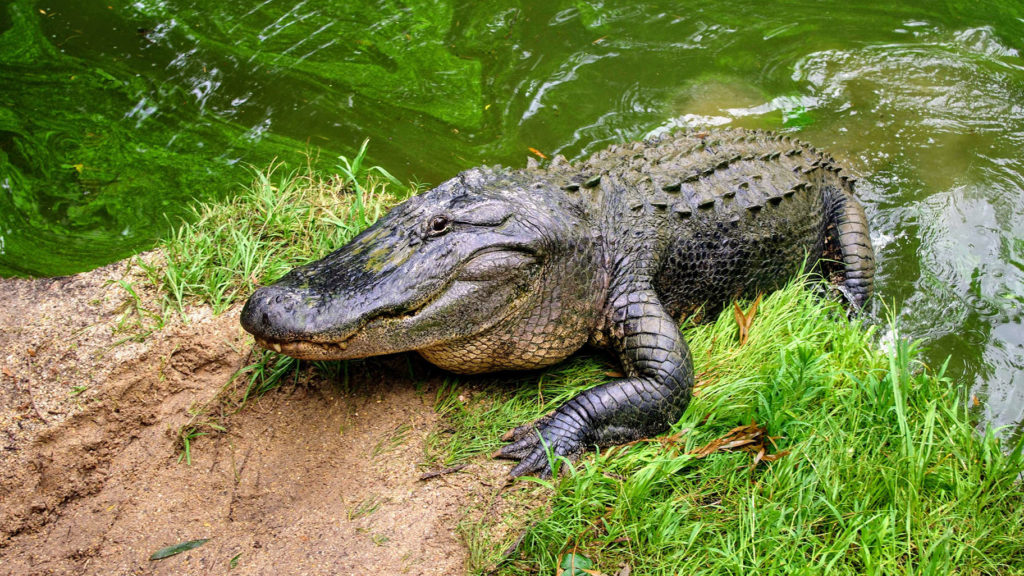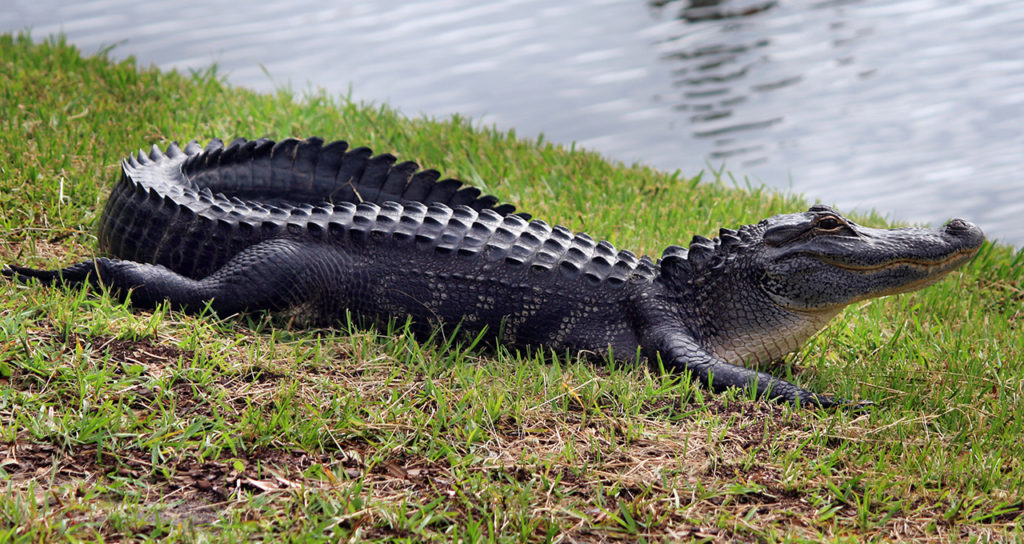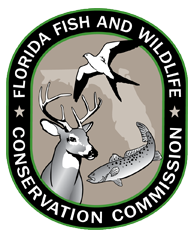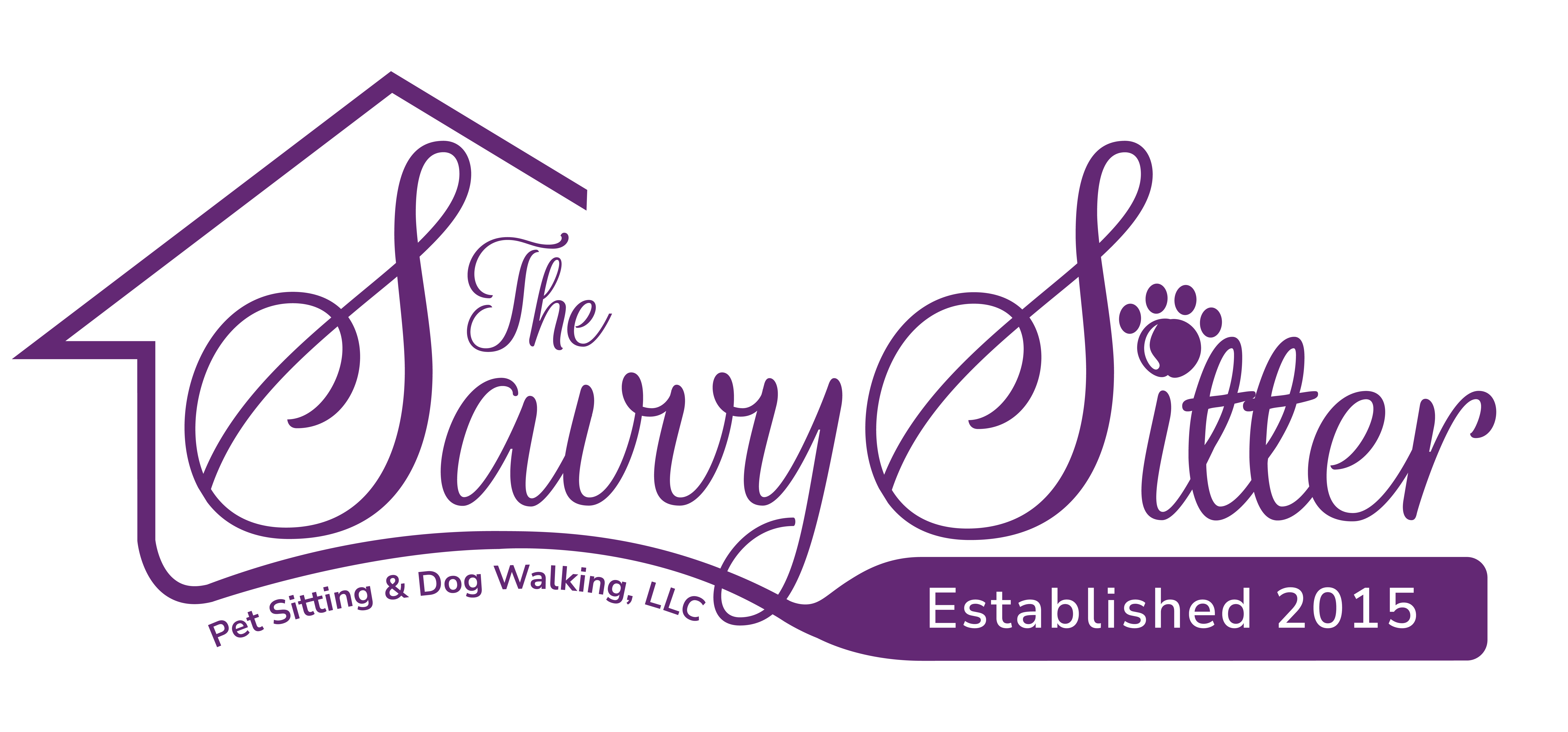
Florida Wildlife & Your Pet: Alligators & Crocodiles
There are over 1 million Alligators that live in the lakes, swamps, rivers, ponds, canals and sometimes swimming pools in the State of Florida. We additionally have Crocodiles in South Florida as well. Chances are VERY good that there is one or more alligators in the water you just don’t see them, but they are there.
Keep reading to learn more about how you and your pet can stay safe. Alligators are more active in the Springtime because of mating and nesting, as well as at dawn and dusk throughout the year. While alligator fatal attacks on humans are rare there are not unheard of, you mostly hear about the beloved pet that got to close to the water and became the next meal for an alligator. Here are some ways you can protect your pet from alligators.
Learn Where they Live and Stay Away
- The only sure way to survive an encounter with a crocodile or alligator is to never meet one in the first place.
- Take warning signs about their presence seriously.
- Never go swimming outside of designated areas in regions where they are known to live. If a potential swimming area is unmarked, do not assume that it is safe.
Use Extreme Caution at the Water & the Shore

- Over 90% of attacks occur in or near the water and you must use extreme care to avoid them.
- Remember alligators are experts at hiding.
- Be especially wary around muddy or murky water, and where vegetation is present.
- It’s safest to assume that even if you can’t see the them, they are still there.
- Keep your distance from the water when walking on the shore, and avoid patches of vegetation where these animals could hide.
- An alligator that feels threatened may hiss at you. If you hear a hissing alligator, try to determine where the sound is coming from, and then leave in the opposite direction as quietly and quickly as you can.
Use Extra Caution during Breeding Season
- Alligators and crocodiles are at their most dangerous during mating and breeding in the spring season when they are more aggressive.
- These animals are also more frequently encountered on land during this period, as they sometimes wander in search of a mate or suitable nesting site.
- Nesting mothers are especially ferocious, and will defend their nests viciously.
Do NOT walk your dog near Alligator Habitats
- Alligators attracted to the sound and movement of small animals.
- American alligators are reportedly quite fond of eating dogs. If you do walk your dog near the water, keep it on a leash and be on guard for any movement on or near the water.
- Under normal circumstances, they will not attack you unless you do something to attract their attention or encroach on their territory.
Report Nuisance Alligators
- Most alligators will avoid human contact and activity, but there are some that do not fear humans because they have been fed by them or see them as food. If you see an alligator that is not fearful of humans call Fish and Wild Life or your local trappers for it to be removed (if under 5 feet) or killed (if over 5 feet)
Local Alligator Trappers

- Nuisance Alligator, call 1-866-392-4286 (1-866-FWC-GATOR).
- Nuisance Wildlife Trappers are not regulated by the FWC, but have to follow all applicable rules and regulations concerning nuisance wildlife removal. This Nuisance Wildlife Trapper Registry is maintained by FWC as a public service, and being listed in the registry does not constitute an endorsement by the agency.
- Nuisance Wildlife Removal is a commercial activity offered by private businesses. Customers should expect to be charged for nuisance wildlife control services.
- FWC recommends that customers receive multiple quotes from different providers, request and check references, and check for any complaints filed with the local Better Business Bureau (BBB) or similar organization.
- https://public.myfwc.com/HGM/NWT/NWTSearch.aspx
About the Author:
Savanna Westwood
Savanna Westwood is the Owner and Founder of The Savvy Sitter, Pet Sitting and Dog Walking, LLC. She has grown up with animals all her life and enjoys spending time with them. Savanna has lived in the Winter Garden and Windermere Area for over 30 years. When she is not taking care of Fur Friends, one can find her reading, practicing archery, riding, and devising ways to provide additional and excellent services to clients. Savanna is a Certified Professional Pet Sitter with Pet Sitter International's CPPS certification and also holds certification in Pet First Aid and CPCR for Pet-Care Professionals.

